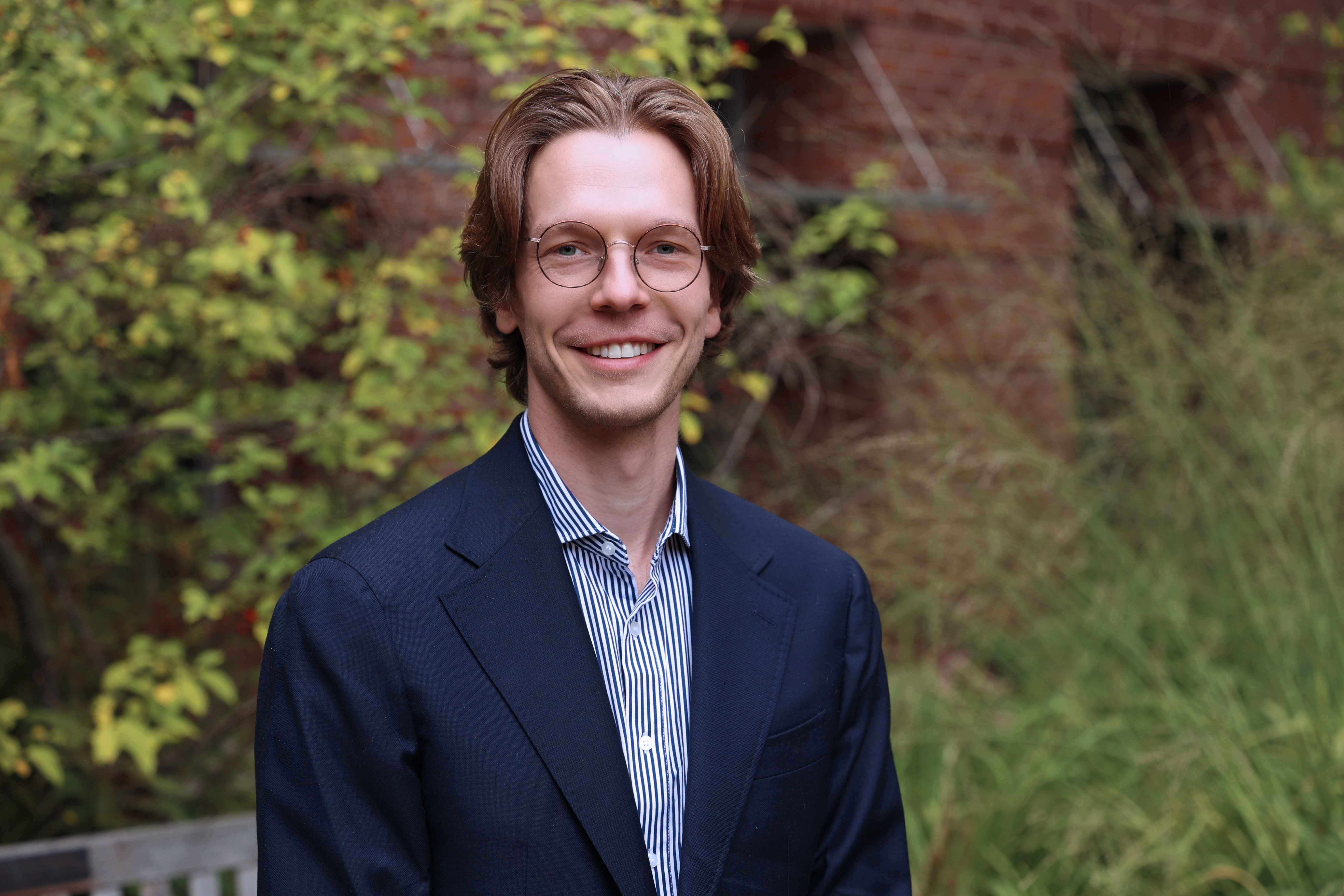

I am an Assistant Professor of Management at the University of Oregon. My research primarily centers on careers and entrepreneurship, frequently within emerging markets. I study how people's careers develop after returning from time in entrepreneurship or after being laid off from established organizations. In other work, I explore how competitive environments influence the choice of organizational partnerships and future innovative performance.
Before joining the University of Oregon, I received my Ph.D. from Yale University in Organizations and Management, M.Sc. in Sociology from the University of Oxford, and B.Sc. in Business Administration and Sociology from Copenhagen Business School.
[1] ''Competitive overlap as a signal in expert partner choice: Evidence from patent law firm selection''
(with Balázs Kovács and Michelle Rogan)
Strategic Management Journal, 2025, 46(7): 1557-1605
https://doi.org/10.1002/smj.3700
▸ Open abstract
[1] ''Good jobs, bad jobs, and the long-term career consequences of self-employment''
under review
[2] ''Entrepreneurship as the safe option''
(with Olav Sorenson)
under review
(older working paper)
[3] ''Layoffs and careers'' (with Tristan Botelho)
[4] ''Women’s Work in microenterprise: Automating the pre-scientific foundations of theory'' (with Natalie Carlson)